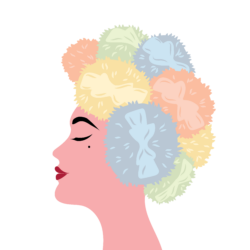The new movie Uglies paints a world where beauty is engineered, and everyone is transformed into a “Pretty” on their 16th birthday. But here’s the catch—once people are made beautiful, they don’t want to go back to their old selves. It begs the question: when beauty is handed to you, and you’re told it’s everything, would you ever want to return to “imperfection”?
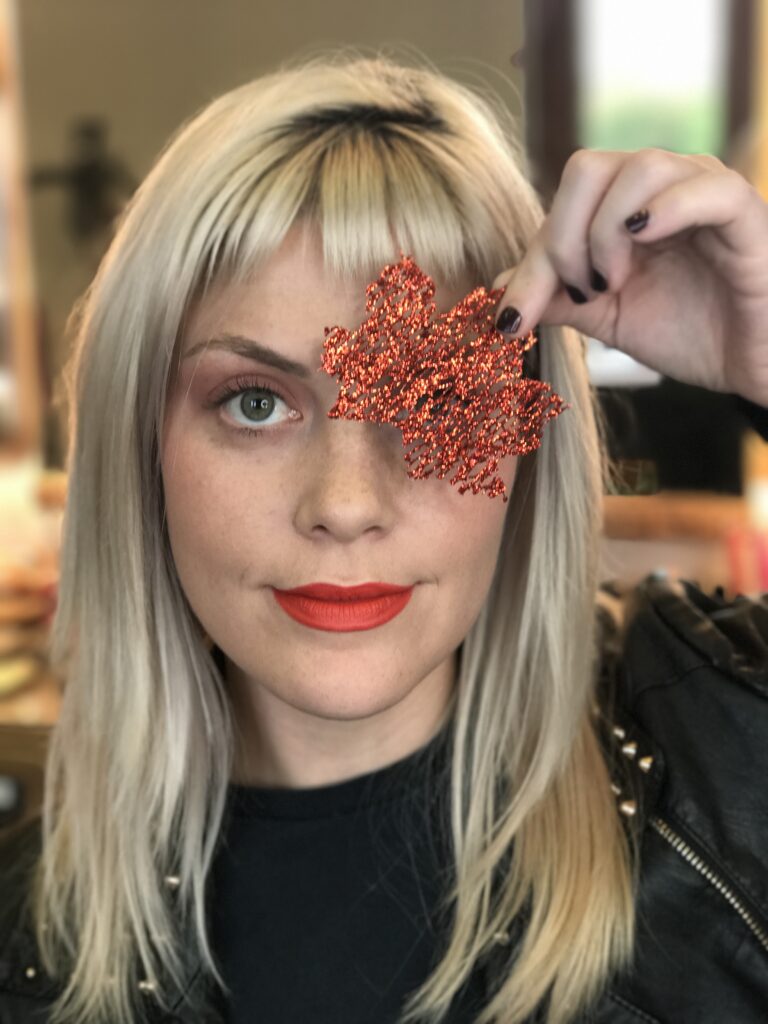
It’s easy to see the parallels in our own lives. We’re constantly surrounded by images of flawless beauty—social media filters, cosmetic enhancements, and even makeup trends that all seem to push us toward a more polished, perfected version of ourselves. But Uglies forces us to ask: where do we draw the line between enhancement and erasure?
Think about it. Makeup can be empowering, a fun way to enhance your features, boost your confidence, or express your creativity. But have you ever caught yourself feeling like you couldn’t go out without it? Has the pursuit of that flawless look ever made you feel like your natural self was less than enough?
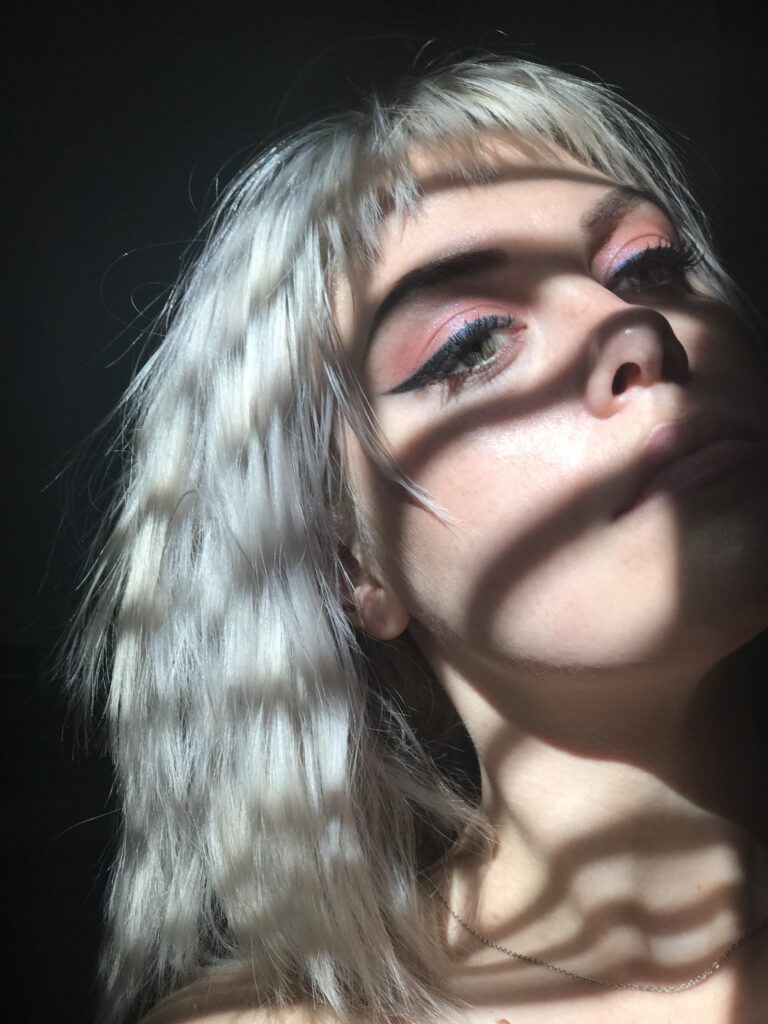
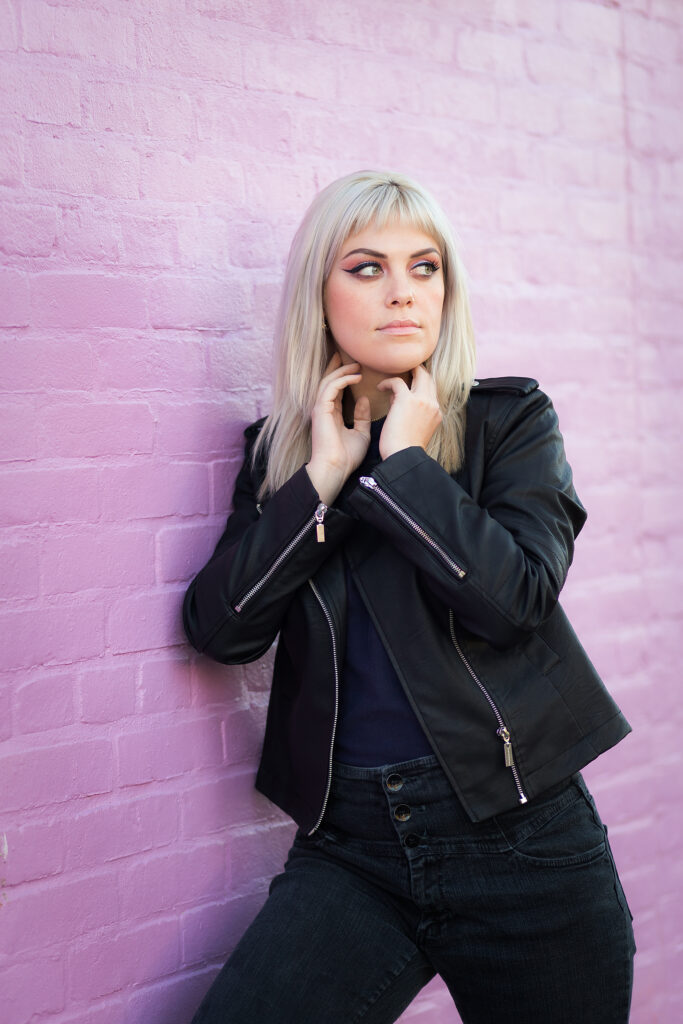
In Uglies, once someone becomes “Pretty,” they can’t imagine returning to their old appearance. They’ve crossed a line and the new version of themselves feels like the only acceptable one. But what about in real life? Do we sometimes get so used to a certain version of ourselves—whether through makeup, filters, or editing—that we start to forget what we actually look like without all the enhancements?
It’s worth pondering: at what point does the pursuit of beauty, through makeup or otherwise, stop being about feeling good and start being about meeting an external standard? How often are we enhancing our natural beauty, and how often are we masking it to fit into a version of “pretty” that someone else has defined for us?
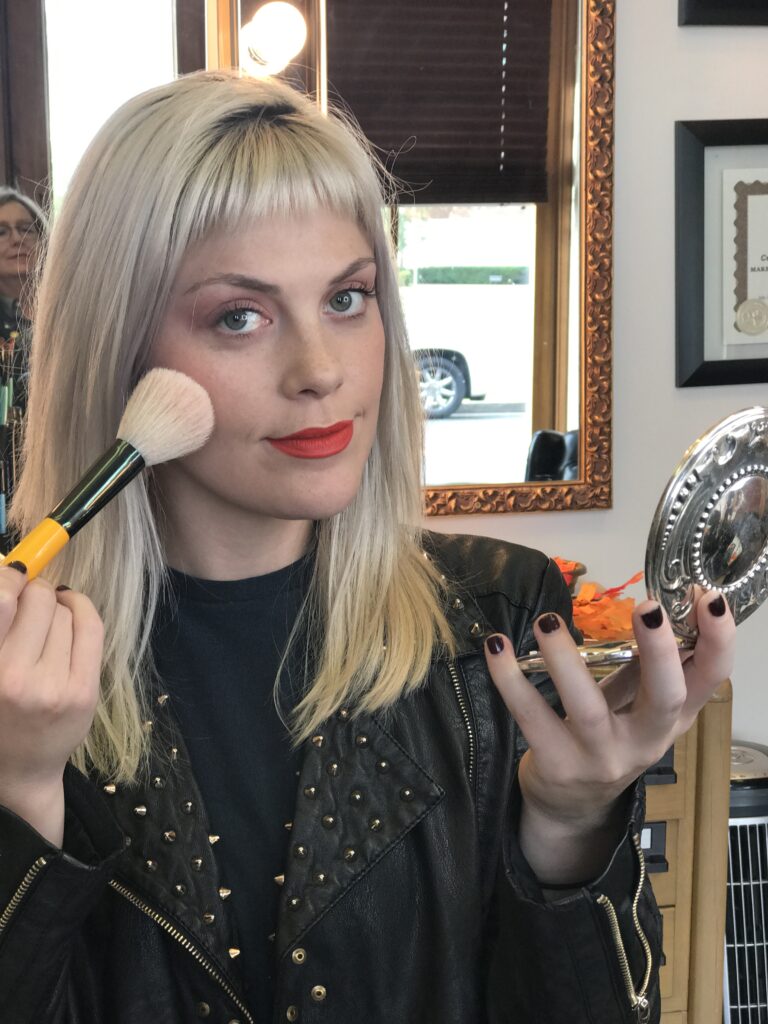

Uglies raises these difficult questions about beauty, self-perception, and identity. It reminds us that beauty can feel like power, but that power can also trap us in a cycle of never feeling quite good enough without the enhancements. So, as you think about your own relationship with makeup, ask yourself: are you using it to express who you are, or are you using it to fit into an idea of who you think you should be?
The movie leaves us with a tough question: If you became the most “perfect” version of yourself, would you want to go back to being “you”? And, more importantly, should you ever feel like you have to?
